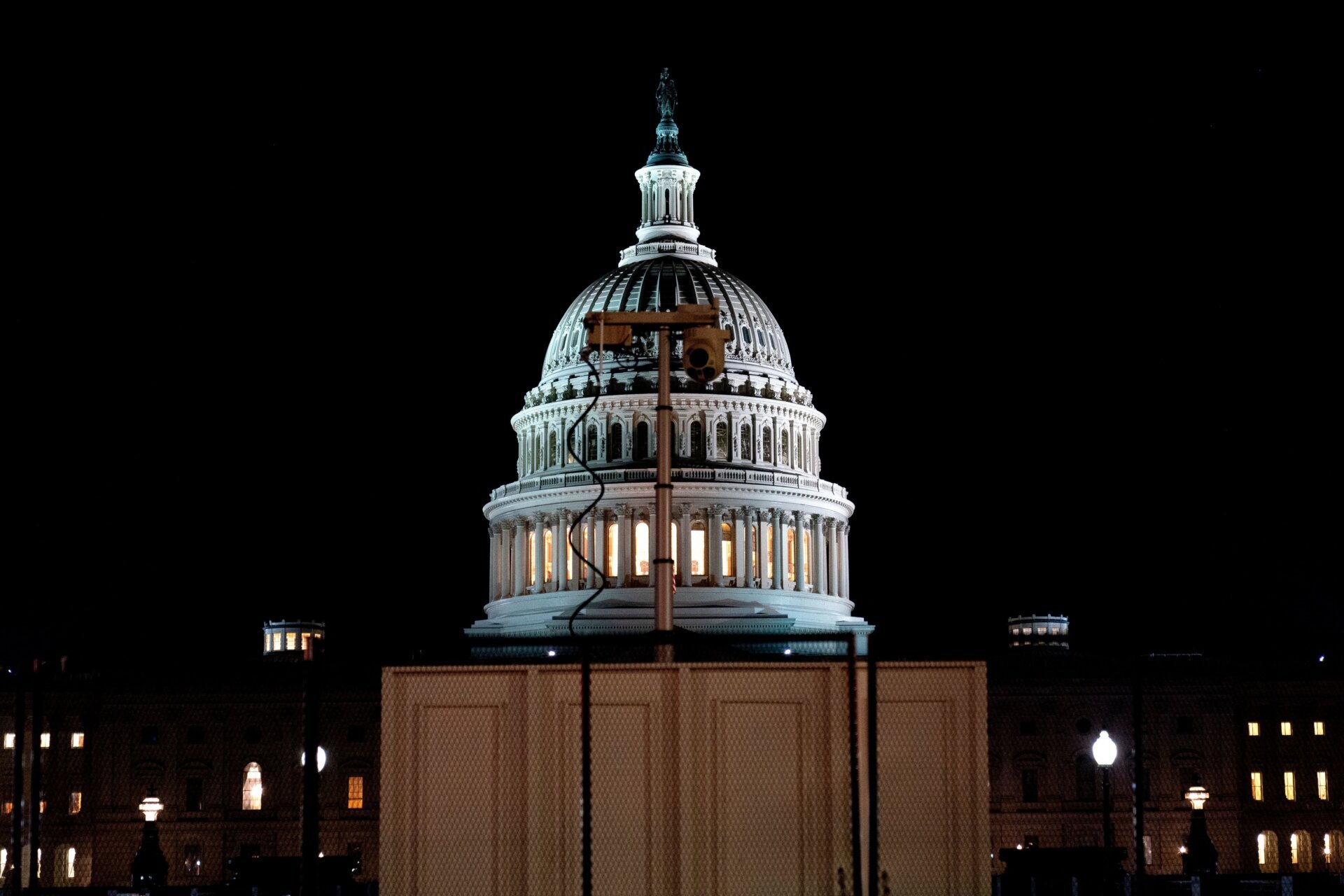A nonbinding agreement fronted by the U.S. is looking to set goals and boundaries for the future of a free internet. And though the declaration is more of a nonbinding agreement that is loose on specifics, it’s also noteworthy who isn’t on the pledge, namely Chinaand Russia.
The new Declaration for the Future of the Internet released Thursday wants to keep the internet “open, free, global, interoperable, reliable, and secure.” The pledge was signed by 59 countries so far, alongside the European Commission.
The pledge calls for countries to ensure the internet operates as a “decentralized network of networks” operated alongside public and private stakeholders. The pledge lists protecting human rights, universal access to the internet, privacy protection, fair systems for competition and e-commerce, and reliable and sustainable infrastructure as the main tenets of the pledge.
Notable omissions other than China and Russia are India and Brazil, which Statista ranks as the second and fifth countries with the most internet users, respectively. Nigeria, the Philippines, and Turkey, which are all centers of heavy internet usage, are also not currently signed to the pledge.
Unnamed White House sources told The New York Times that the declaration is a counterpoint to Russia and China’s use of the internet. China is perhaps the best-known country for spying on its citizens using a sophisticated apparatus of security cameras, facial recognition technology and online databases, and that’s even before the country uses apps like WeChat to keep tabs on online activities. China has come under fire from free internet advocates for using so-called “social credit scores” to reward citizens for actions the state considers beneficial and punish them for such actions as being openly critical of the state. The scores have even blocked people from using public transit like planes and trains. The Future of the Internet Pledge specifically mentions that countries won’t create “social score cards.”
The pledge also mentions that countries should not use the internet “to undermine the electoral infrastructure, elections and political processes, including through covert information manipulation campaigns.” It’s something Russia has become well-known for.
Google released a blog post saying it hopes governments adopt more common standards for consistent protections across borders and “abide by core open trade principles like non-discriminatory approaches to regulation that don’t single out foreign companies.”
It’s a sticking point for big tech companies like Google. Big tech companies have been particularly chafed by the European Union’s regulations, such as recently adopted rules that restrict companies from giving preferential treatment to their own services on digital markets like app stores. The EU’s antitrust enforcement is more stringent that in the U.S., and Google has previously been put under regulators’ crosshairs.
So while this is more of an attempt by these countries to posture themselves as havens for a free and open internet, the nonbinding nature of the document is somewhat of a sticking point. The U.S. has been loath to adhere to legally binding international agreements in the past, especially surrounding its technology usage. Last year, the U.S. rejected calls to sign onto international laws banning “killer robots,” or self-operated weapons of war. Instead, the country asked for a loosely defined “code of conduct.”
And despite its calls in the pledge to “Refrain from misusing or abusing the Internet or algorithmic tools or techniques for unlawful surveillance,” The U.S. has been proved to collect data on its citizens. Even long after previous government contractor Edward Snowden revealed massive data collection on behalf of the NSA, reports show the CIA has collected broad streams of data on civilians, and likely has been involved in more specific searches. Officials have blasted the FBI for using aerial surveillance technology to spy on protesters.
So while the document might be good for the sake of posterity, it will not likely lead to any actual change in policy, unless you think that pinkie promises are the epitome of definitive action. In which case, I’m pretty sure I still owe my childhood friend 100 daily push ups…times 20 years is 730,000 push ups. So I guess I better get started…













